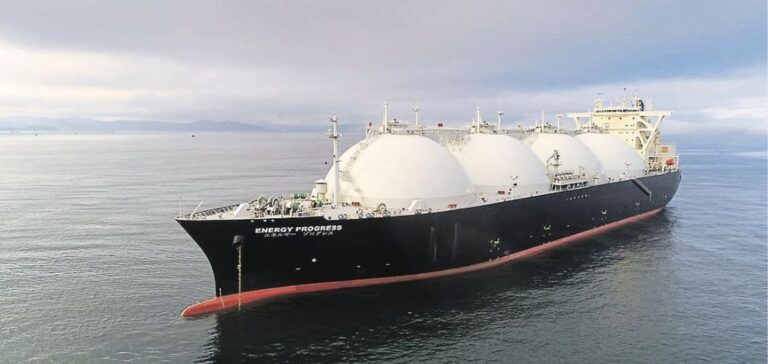Andrew Light, U.S. assistant secretary of energy, says the world needs new gas investments to address supply risks as Russia’s war in Ukraine continues.
G7 recognizes role of gas despite climate change objections.
Speaking at the G7 Climate, Energy and Environment Ministers’ meeting in Sapporo, Japan, Light says the U.S. is committed to new gas investments while accelerating the energy transition. Despite objections that gas must be abandoned to slow climate change, G7 leaders adopted an agreement recognizing a role for gas.
Light also emphasized the importance of clean natural gas as a source of clean energy in the world, reducing leakage and other impacts of gas at the wellhead, in vehicles, during liquefaction and shipping.
According to Light, U.S. LNG supply remains critical to European energy security as it seeks to reduce its dependence on Russian gas. He praised Europe’s efforts to maintain stable gas supplies, including demand reduction, diversification of energy sources, and joint purchasing and other strategies. Light also defended the current level of the Russian oil price cap, which was imposed by the G7 to reduce the Kremlin’s oil revenues while keeping Russian supplies on the market.
The United States is seeking to accelerate cooperation on critical minerals with the G7, ASEAN and Latin American countries.
According to Light, the impact of the Russian war on oil and gas markets has given urgency to G7 efforts to strengthen critical mineral supply chains outside of China. Demand is expected to explode for lithium, nickel, cobalt and other metals needed for batteries and electrification technologies. However, the supply chains for bringing these raw materials to market face many challenges.
“We don’t want to be at the mercy of China and put them in the same position with the rest of the world that Russia has had with Europe,” Light said. “This is absolutely an intolerable position, so we are doing everything we can to diversify critical mineral materials and supply chains for renewable energy.”
The G7 agreed in Sapporo to continue to work to diversify critical mineral supply chains with open, transparent, rules-based and market-based trade, and to promote dialogue between mining, producing and consuming countries. Light said the U.S. is seeking to accelerate cooperation on critical minerals with the G7, the Association of Southeast Asian Nations (ASEAN) and Latin American countries that hold significant mineral resources, as well as refining and manufacturing capacity potential.
For example, at the G7 Climate, Energy and Environment Ministers’ meeting in Sapporo, Andrew Light, U.S. Assistant Secretary of Energy, emphasized the importance of new investments in gas to address supply risks during the war in Ukraine, while accelerating the energy transition. The G7 also agreed to work to diversify supply chains for critical minerals so as not to rely on China, which holds a large portion of the mineral resources needed for renewable energy.






















